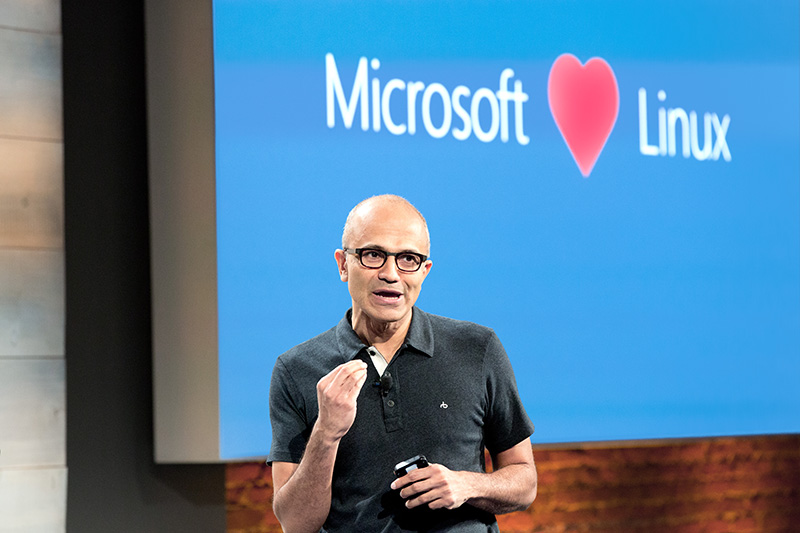Seismic changes!

In the same week that Google again has suffered from another less than successful AI product launch (helpfully emphasising the importance of being confident in your training data!), EPIC have launched their first open source tool, seismometer. This should allow local assessments of models and prevent the type of outcome that, in retrospect, feels inevitable if you want to train your data on Reddit…

For many EPIC’s announcement will have seemed as strange as Satya Nadella’s famous 2014 slide and there is well earned cynicism online. I’d love to be surprised and see this as a first step toward a more collaborative ecosystem in Health IT but will wait to be convinced that this is the case.
Taking this step to allow easier validation of AI models is admirable and worthy of praise. I’m interested to see how and if other EPR suppliers can respond to the challenge of ensuring that ease of testing in EPIC does not drive innovators to limit where their solutions can be (easily) used. A two tier system helps no one other than a dominant supplier.
To me this feels like the real Open Source opportunity. Commoditising AI validation and local testing will drive down costs, help manage risk, and accelerate the development of an immature market. No matter how well intentioned seismometer is, this remains a walled garden. Could this first move lead us to a common model or shared standard and approach that makes this opportunity accessible to all?
Finally, with the emerging legislative picture around AI in Healthcare, how can this development support and encourage Open Source work. There have been many OSS Healthcare IT solutions from IMS Maxims to Open Eyes, OpenMRS and GNU Health. These have seen varied success and traction perhaps due to the regulatory environment and certification requirements, perhaps due to the lack of stable long term investment and perhaps due to perceived risks of not procuring from an established vendor.
It would be incredible to see this first step from EPIC drive broader change, with established vendors investing and, and benefiting from OSS development. If Microsoft can get comfy with Linux surely this is possible!
Comments
8 responses to “Weeknotes 1.6”
Your blog brightens my day like a beam of light. Thank you for sharing positivity with your words.
I’m astonished by your ability to transform ordinary topics into compelling content. Well performed!
The article is nicely written. We am grateful for the hard work you put into it. Thank you for posting such an informative post.
Your online platform engrosses me from the first word to the last. Reading your posts is an absolute pleasure.
Your blog consistently engages my attention from start to finish. I find myself absorbed in every word you write.
This post is very informative and well-crafted. I enjoyed reading it and gained a lot from it.
This site has a wealth of helpful information that is easy to digest. Thanks for all that you do.
sfahpg